He stressed that those speculating the potential downfall or replacement of Russian President Vladimir Putin do not understand the Russian people and Russia's power structures. Russia "works differently from us," it is a different world, its structures are based on the army, the secret services and the police, and are very stable, Mr Orban said, adding that Prigozhin's mutiny is now over, and the war will continue.
He emphasized that Vladimir Putin is stable, he is Russia's elected leader, he is popular and the structures behind him are quite strong. PM Orban added, however, that he was fighting for Hungary and that he was not interested in either Vladimir Putin, or Russia.
I am interested in Hungary, […] and what is happening between Russia and Ukraine is bad and dangerous for Hungarians,
– he said.
He said he did not want to give the impression that he did not hope that Ukrainians had a chance to survive, but that the reality was that cooperation between Ukraine and the West was failing.
It's impossible to win a war against Russia in the way the Ukrainians are fighting on the front line and in the way that "we are supporting them financially, with information and equipment," he said.
The problem is that the Ukrainians will run out of troops before the Russians do, and that will ultimately be the deciding factor,
– PM Orban said.
What matters most is what the US intends to do, because Ukraine is "no longer a sovereign country," they have no money, no weapons and "they can only fight because we in the West support them," which means that "if the Americans decide that they want peace, then there will be peace," he added.
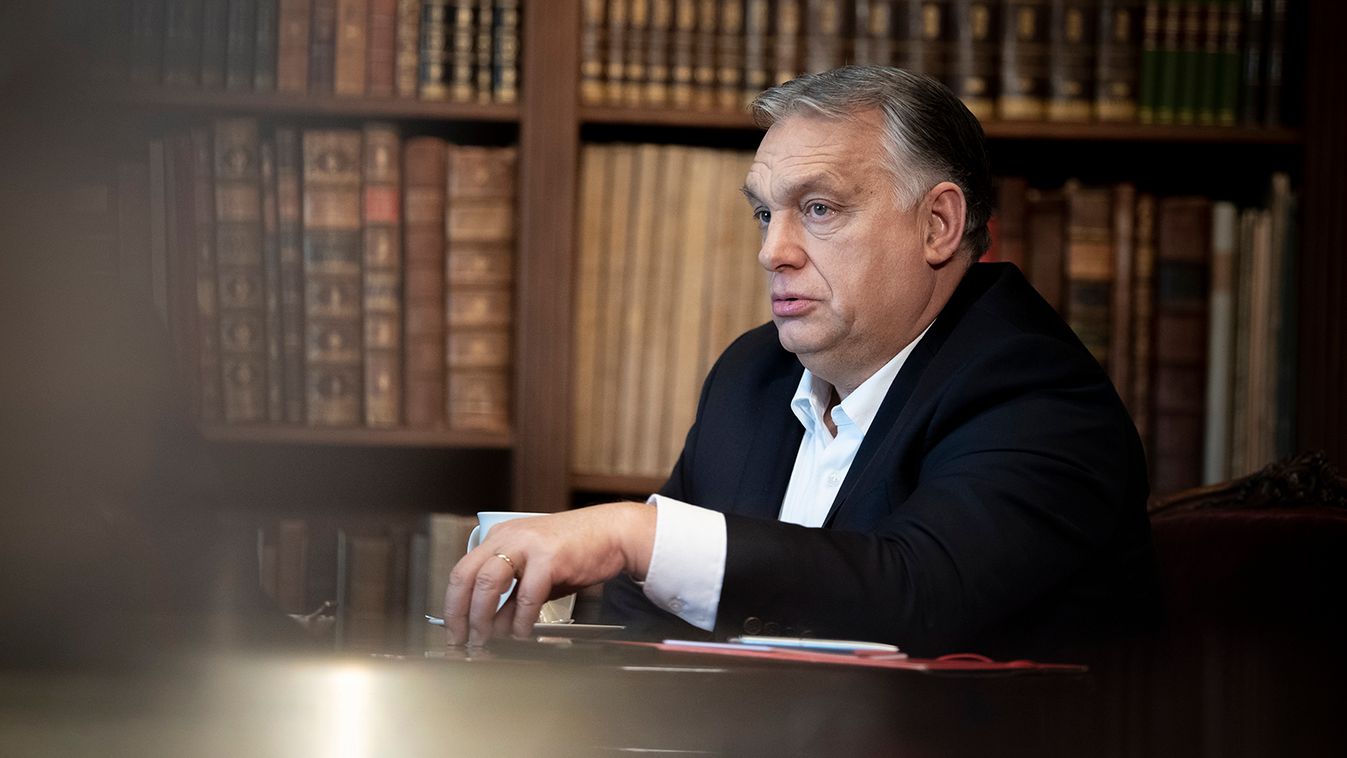
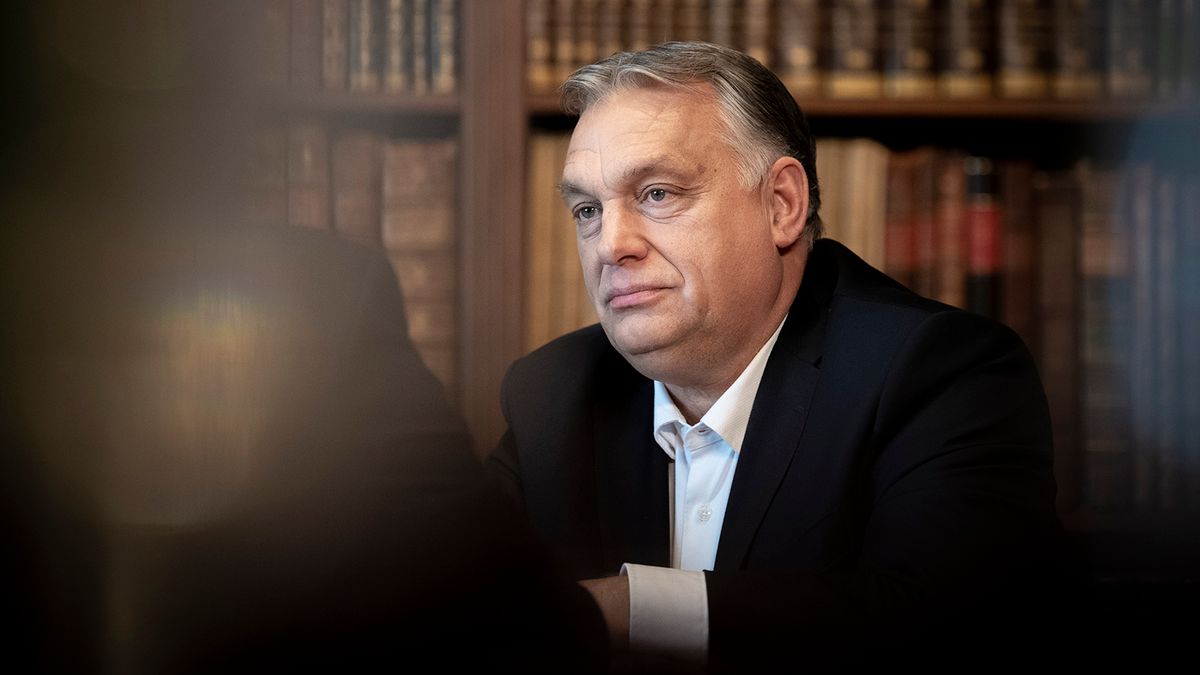
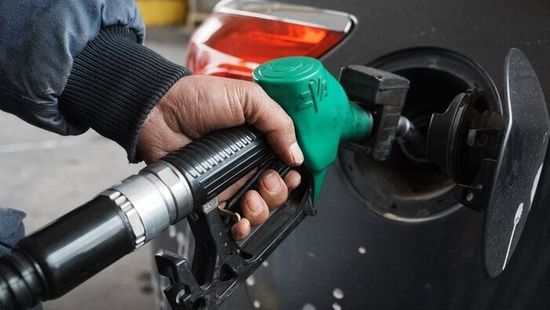
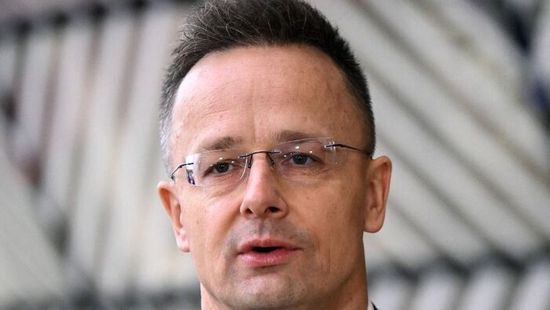
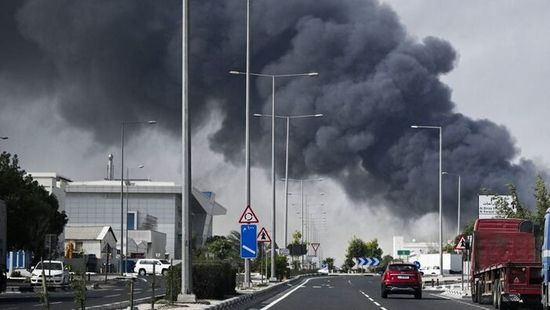
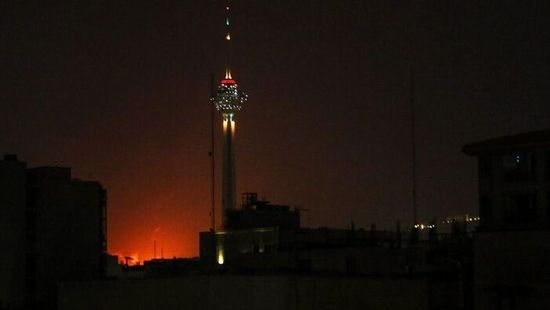

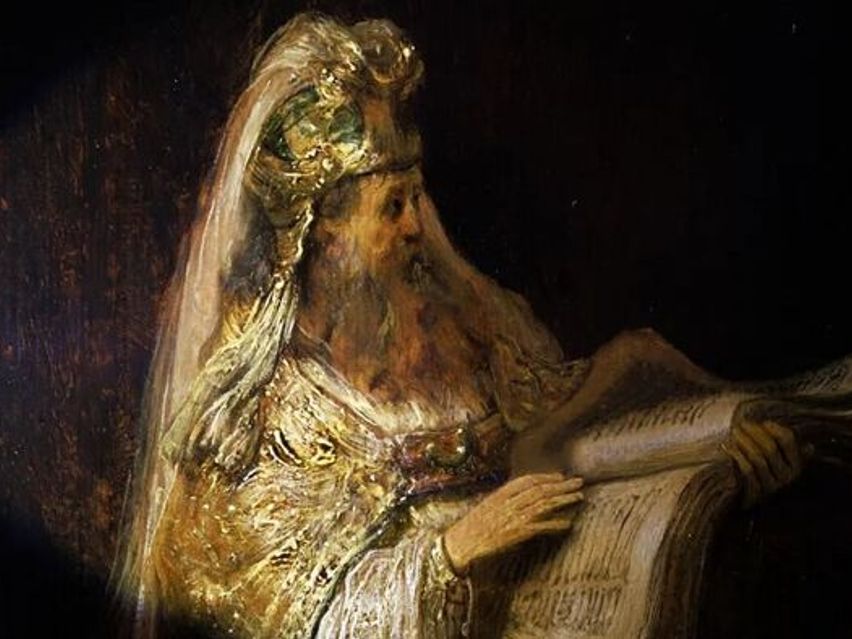
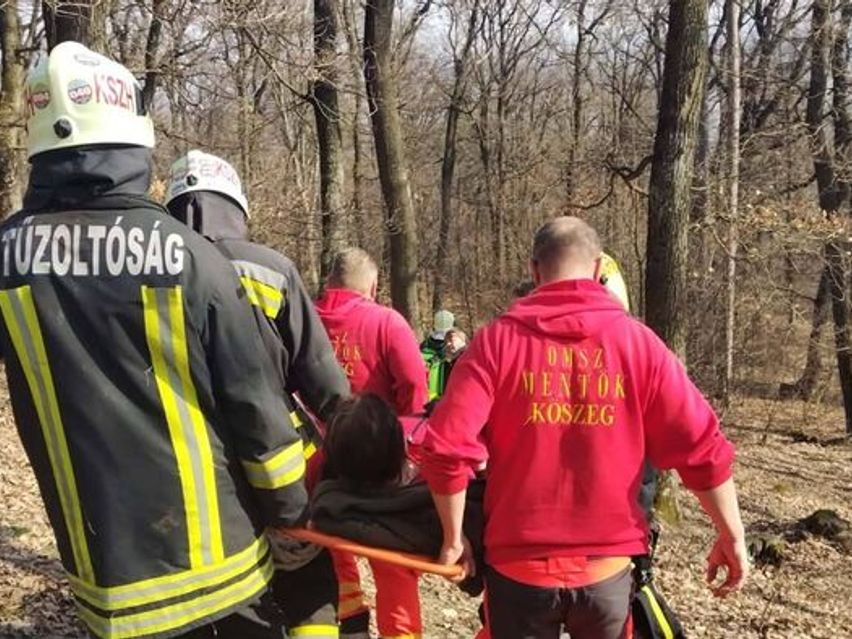
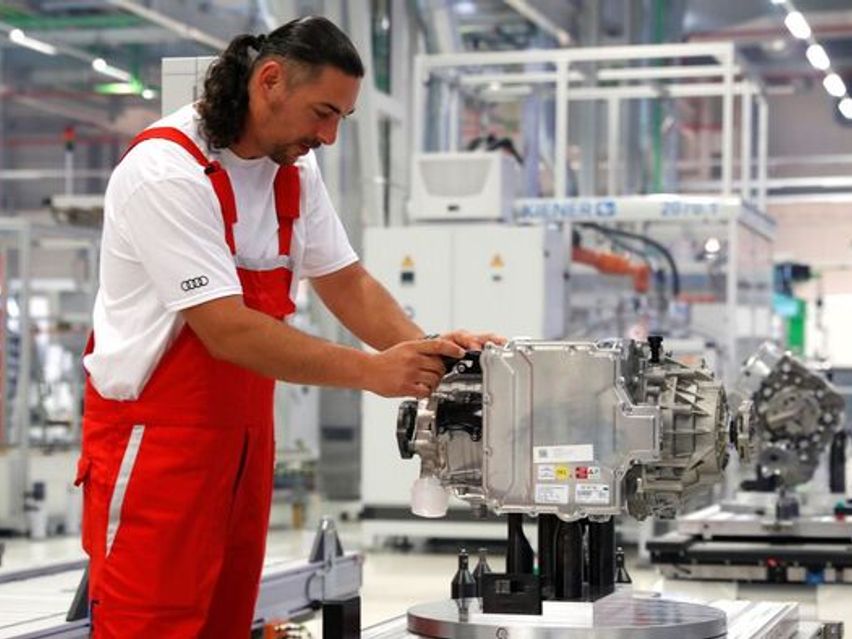


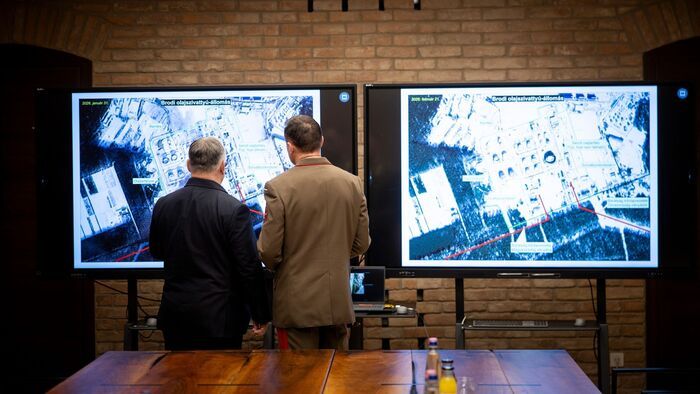

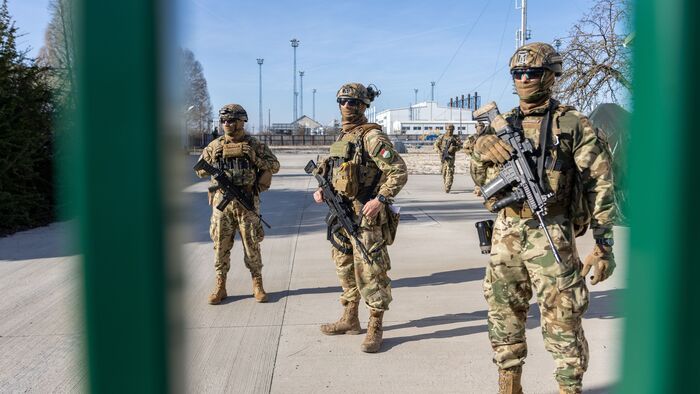
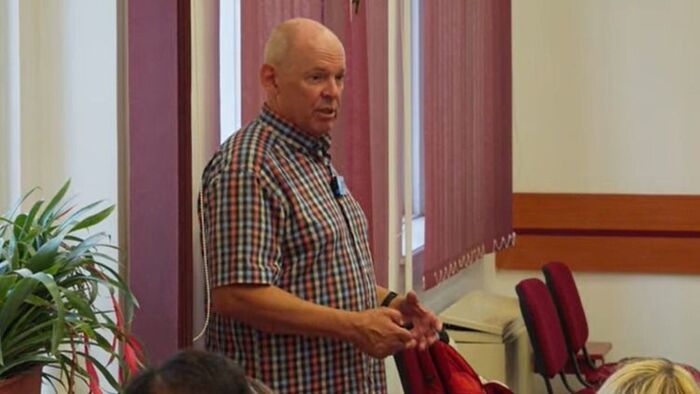
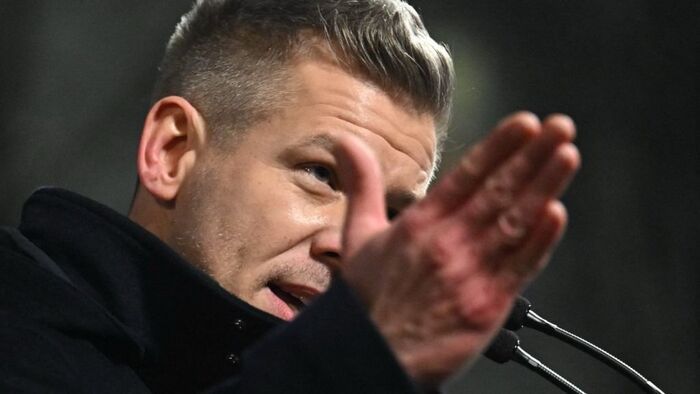
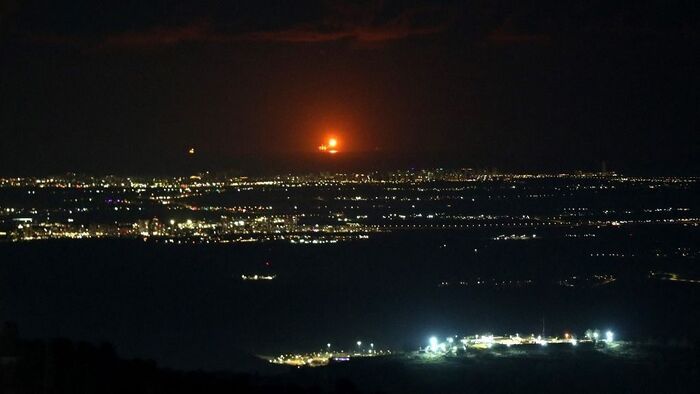
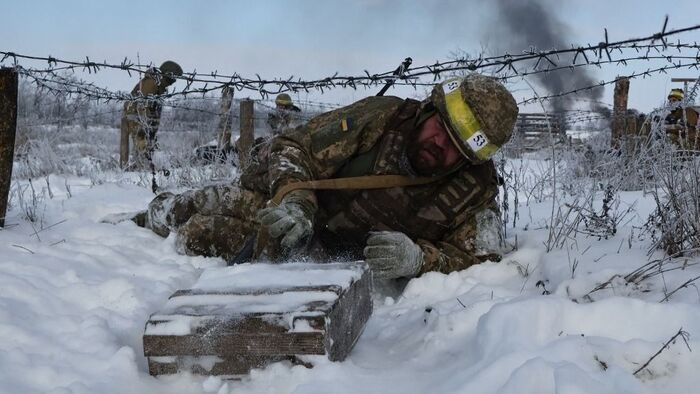


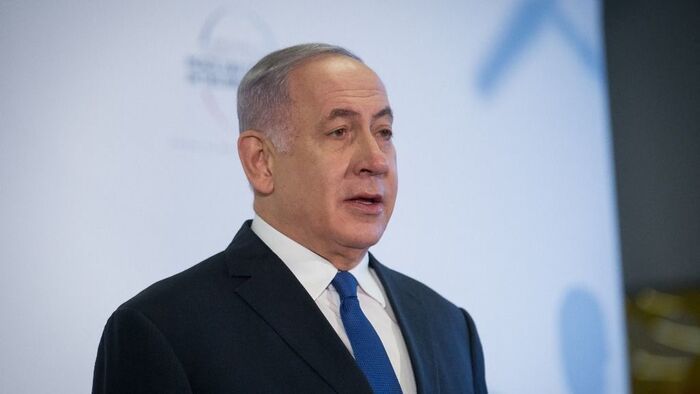
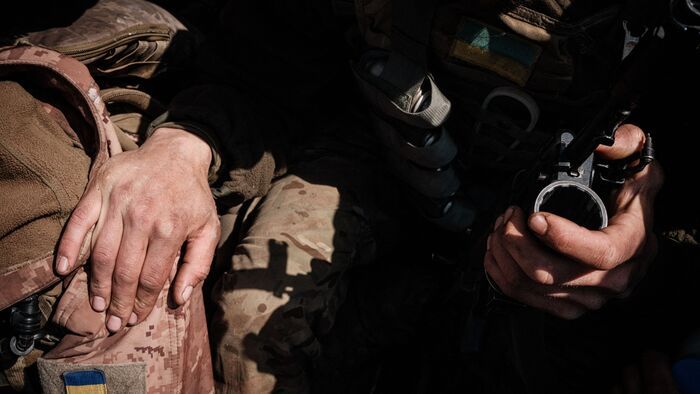

Szóljon hozzá!
Jelenleg csak a hozzászólások egy kis részét látja. Hozzászóláshoz és a további kommentek megtekintéséhez lépjen be, vagy regisztráljon!